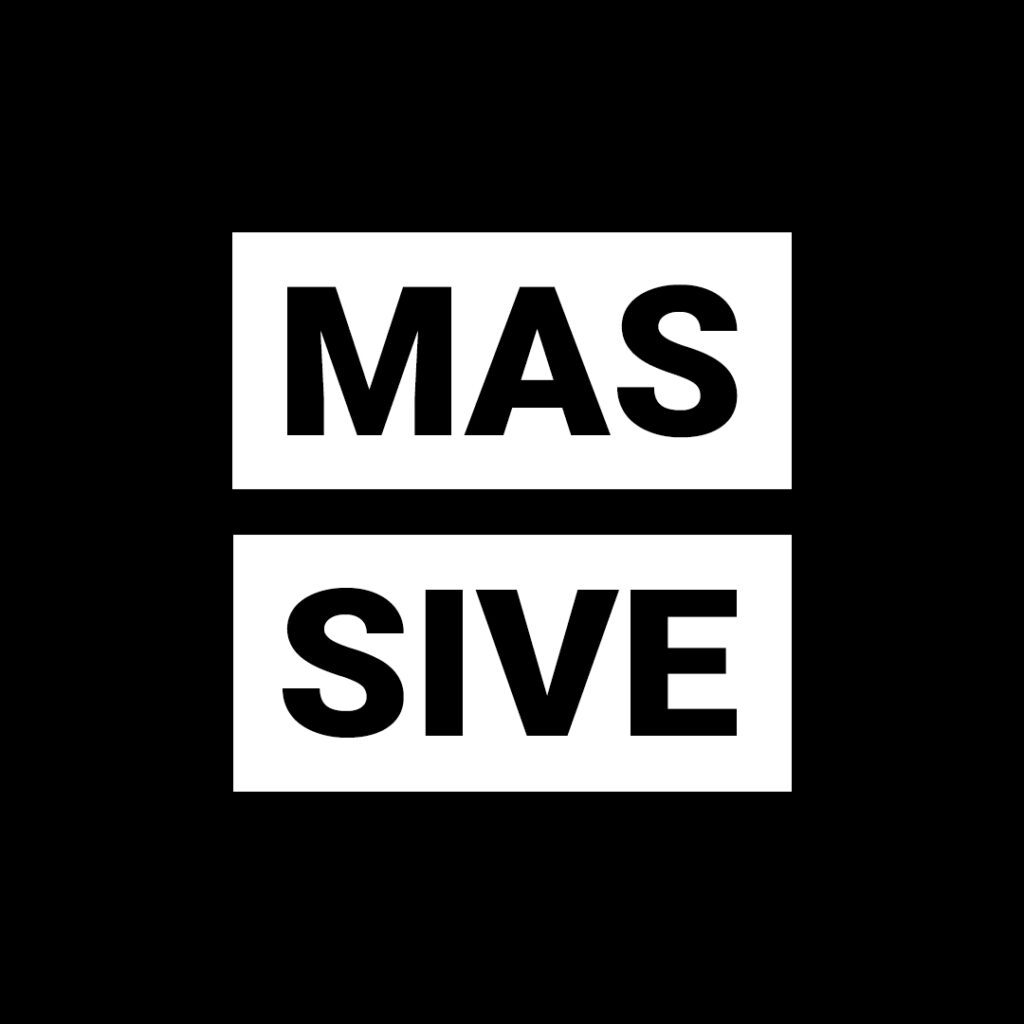Picture it with me: You’ve just graduated university and things have been looking bleak for a few months. You’ve applied to many jobs, and you’ve been waiting for a call, a follow up email, or an interview. But it’s been radio silent for months. Nothing has come of any of your applications, and you’re starting to doubt that your degree was worth it. Now imagine you sent one more application out, and you got a call to do an interview. How exciting! You aced the interview, you got an offer, and negotiated your salary. A day later, and congratulations! You landed the job. Now, what’s your exit strategy?
You didn’t think that far ahead did you? Maybe you don’t need to imagine this scenario, because it’s your reality. But now it may be good for you to think about what you want to do next while you’re in a job.
Why you need to plan to switch jobs
What if I told you that there are studies that prove that by staying with a company for more than two years, your compensation is up to 50% less than newcomers to the field?
If you’re two years into the industry, your experience warrants more compensation, not less. So, why is this? Why does the job market punish their employees for being experienced? And should you just sit by and accept it?
According to ‘How often should you change jobs?’ by Ladder, the pay gap is the result of a stagnant workforce inside that company. If you find that promotion, pay raises and increasing benefits are infrequent, it’s time to move on.
That same study highlights that besides much higher compensation rates, switching jobs is a wise move for a number of other reasons. When you change your environments and routines often, your skills will be forced to evolve and expand.
This helps you stay competitive in the job market, and helps you avoid getting stagnant when your job becomes easy, and mundane. It’s the same principle as an exercise routine.
When it starts to feel easy, it’s no longer challenging you, and you need to step it up.
Plan according to your industry
Since the market for each area of expertise is different, that means that the corresponding exit strategies will be different. The common factor between them is having an online presence.
If you work in tech as a UI/UX designer, then your exit strategy should include keeping your portfolio attractive, and updated with all the projects you complete, achievements you garner, and case studies you’ve conducted.
If you’re a chef, then your exit strategy looks like a website highlighting your unique culinary offering, awards and recognition you’ve gotten, and any relevant press around your name and offering.
Your exit strategy will look a lot like preparing to get hired again, even though you’ve just settled into a new position and a new paycheck. What were the things that your current employer looked for and found impressive about you? Hone those skills and expand your knowledge while being employed in that capacity.
Don’t make the mistake so many people make of getting a job and sticking with it until retirement just to avoid risk. You’ll be wasting away in that job and neglecting to maintain your competitive edge. Even your passion for your field can diminish because of complacency.
Stay sharp. Pay attention to job postings and roles higher than the one you occupy in your industry. See what employers are offering and requiring, and make yourself the best possible candidate.
This is how you make sure you’re ready to advance in the industry. Congratulations on the job, but don’t get stuck in the mud! Think exit strategy, always.





